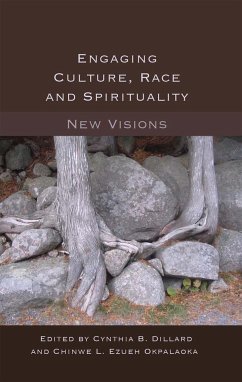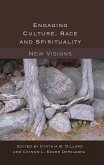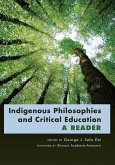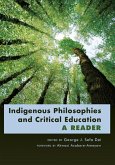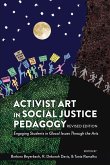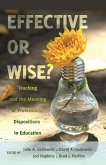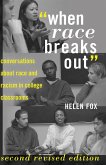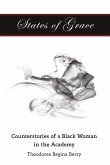This book won the 2014 AESA (American Educational Studies Association) Critics Choice Award.
Engaging Culture, Race and Spirituality addresses a critical question rarely addressed in our conversations and the literature about race, culture and diversity: How might spirituality and our inner lives matter in teaching and teacher education that explicitly engages and addresses race and culture? In ways explicit and embodied, this book focuses on how engaging spirituality and the inner life can serve as radical intervention in our dialogues about race and culture in education. Gathered together are the voices of emerging young scholars whose thinking and research explicitly marshal theories of spirituality as critical interventions in their dialogues and discourses about culture and race in teaching and teacher education. Each chapter is followed by a scholar visionary who points to ways for educators and educational researchers to see the usefulness of such spirituality in engaging research, pedagogy and practices. Their collective visions - all deeply political, sometimes humorous, always insightful, and thoughtfully provocative - call us to a new way of thinking about the «evidence of things unseen», about spirituality in education as a site of profound possibilities for change, equity, and social justice.
Engaging Culture, Race and Spirituality addresses a critical question rarely addressed in our conversations and the literature about race, culture and diversity: How might spirituality and our inner lives matter in teaching and teacher education that explicitly engages and addresses race and culture? In ways explicit and embodied, this book focuses on how engaging spirituality and the inner life can serve as radical intervention in our dialogues about race and culture in education. Gathered together are the voices of emerging young scholars whose thinking and research explicitly marshal theories of spirituality as critical interventions in their dialogues and discourses about culture and race in teaching and teacher education. Each chapter is followed by a scholar visionary who points to ways for educators and educational researchers to see the usefulness of such spirituality in engaging research, pedagogy and practices. Their collective visions - all deeply political, sometimes humorous, always insightful, and thoughtfully provocative - call us to a new way of thinking about the «evidence of things unseen», about spirituality in education as a site of profound possibilities for change, equity, and social justice.

